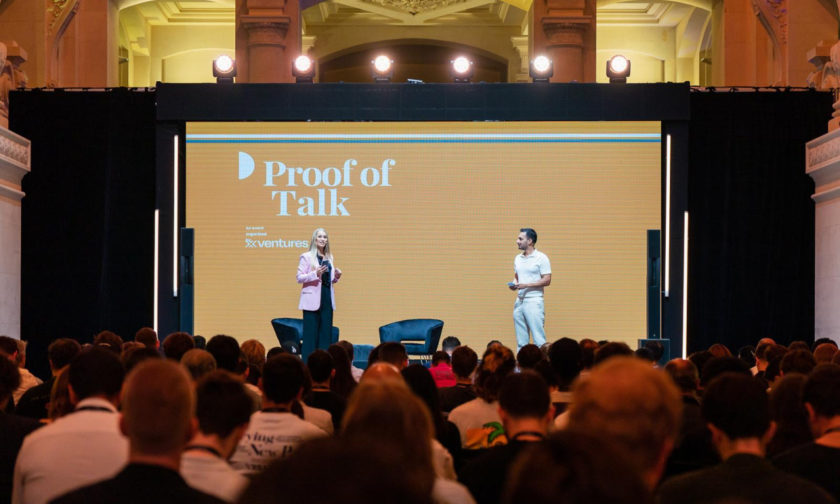Blockchain No Panacea, But Social Security’s Dilemma Seems a Ripe Fit
October 12, 2018 by William Peaster
An October 10th report explored the challenges inherent to modernizing the Social Security identification system in the United States, its author ultimately recommending a “smart card” system as a fix. Blockchain is no panacea, and its use cases may be limited, but the tech would similarly seem to be in its lane in addressing the obstacles raised in the report.
Also see: In Senate Crypto Hearing, Bitcoin and Blockchain Get Defended, Derided
Subscribe to the Bitsonline YouTube channel for great videos featuring industry insiders & experts
Social Security ID System Needs Modernizing
The new report, co-released by McAfee and the Center for Strategic and International Studies (CSIS), focused on how the U.S. Social Security identification system might be brought into the 21st century.
Its author, CSIS Senior Vice President James Andrew Lewis, painted the backdrop of the challenges inherent to such a modernization project as challenges fundamental to the internet to date.
“Anonymity and lack of trust are among the internet’s biggest problems,” Lewis began the report. “Securely establishing identity online has been difficult from the start.”
As the analysis proceeded, it was noted that the Social Security system was arguably compromised, with as many as four-fifths of its constituent identification numbers being currently available on blackhat-minded online markets.
For this reason among others, Lewis concluded that a “smart card” solution might be a potential fix. That course of action would involve the federal government tapping private companies to deploy plastic chip-embedded identity cards linked to a central database. Doing so would provide a means of transcending the paper SSN cards used today.
What About Blockchain?
When it comes to addressing the privacy and trust challenges that would be unavoidable in an SSN system update effort, blockchain technology would also seem to be another possible fix.
In an October 11th follow-up article on the McAfee and CSIS report, Axios‘s Joe Uchill perfectly described the nature of the system’s present dilemma:
“There’s an obvious next step to solving the problem — using the Social Security number like a username and using something else as a password or changing the number to something harder to steal, like a biometric. But many of the global models require national databases that the U.S. populace is traditionally against.
[…] India uses a biometric ID system, but U.S. citizens won’t enjoy giving up their fingerprints to the government.
A national ID with a smart chip could solve the problem, but U.S. citizens don’t love national IDs.”
In the passage above, one might substitute “username” for public key and “password” for private key, a la Bitcoin, for example. Or replace “national databases” with centralized databases — databases which now notably have structural alternatives in decentralized blockchains.
If the blockchain route was ever taken, biometrics nor a national ID would be required for the update. Distributed ledger tech and related innovations like zero knowledge proofs could see DLT’s strengths leveraged toward minimizing trust and maximizing privacy in a new keys-based SSN system.

And, though Lewis’s smart cards proposition has its own practical pros, a blockchain solution to the dilemma could bypass the difficulties of winning over private companies toward running a smart card system.
Of course, turning to blockchain would have its own challenges. What blockchain would be chosen? How would it be deployed? How would centralization, and thus trust problems, be avoided?
Perhaps the idea is a pipe dream for now. But when things like trust and privacy are what’s at stake, blockchain’s possibilities are naturally piqued.
What’s your take? Would blockchain be a good or bad solution to the Social Security dilemma? Let us know what you think in the comments section below.
Images via Pixabay




